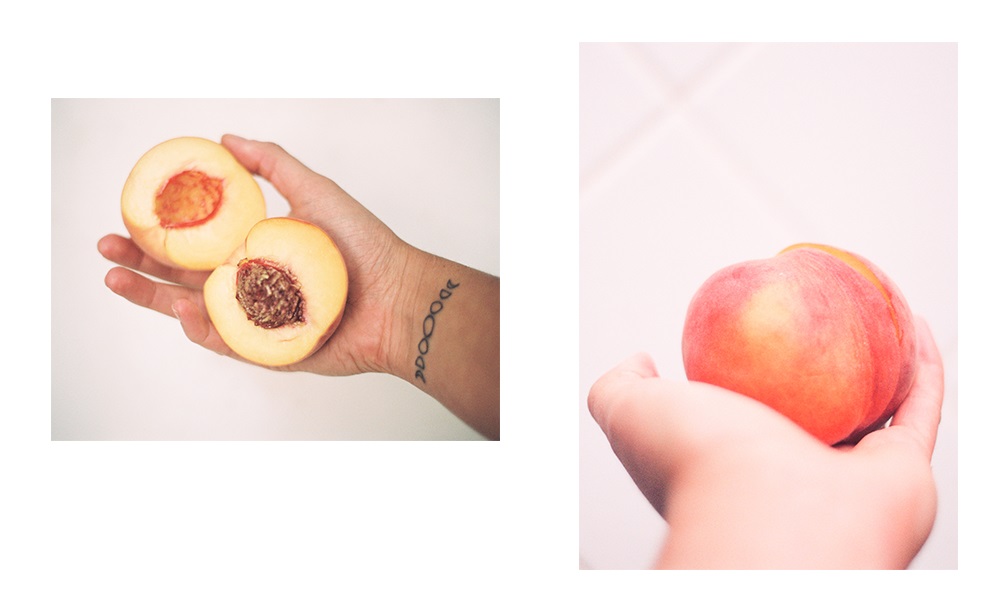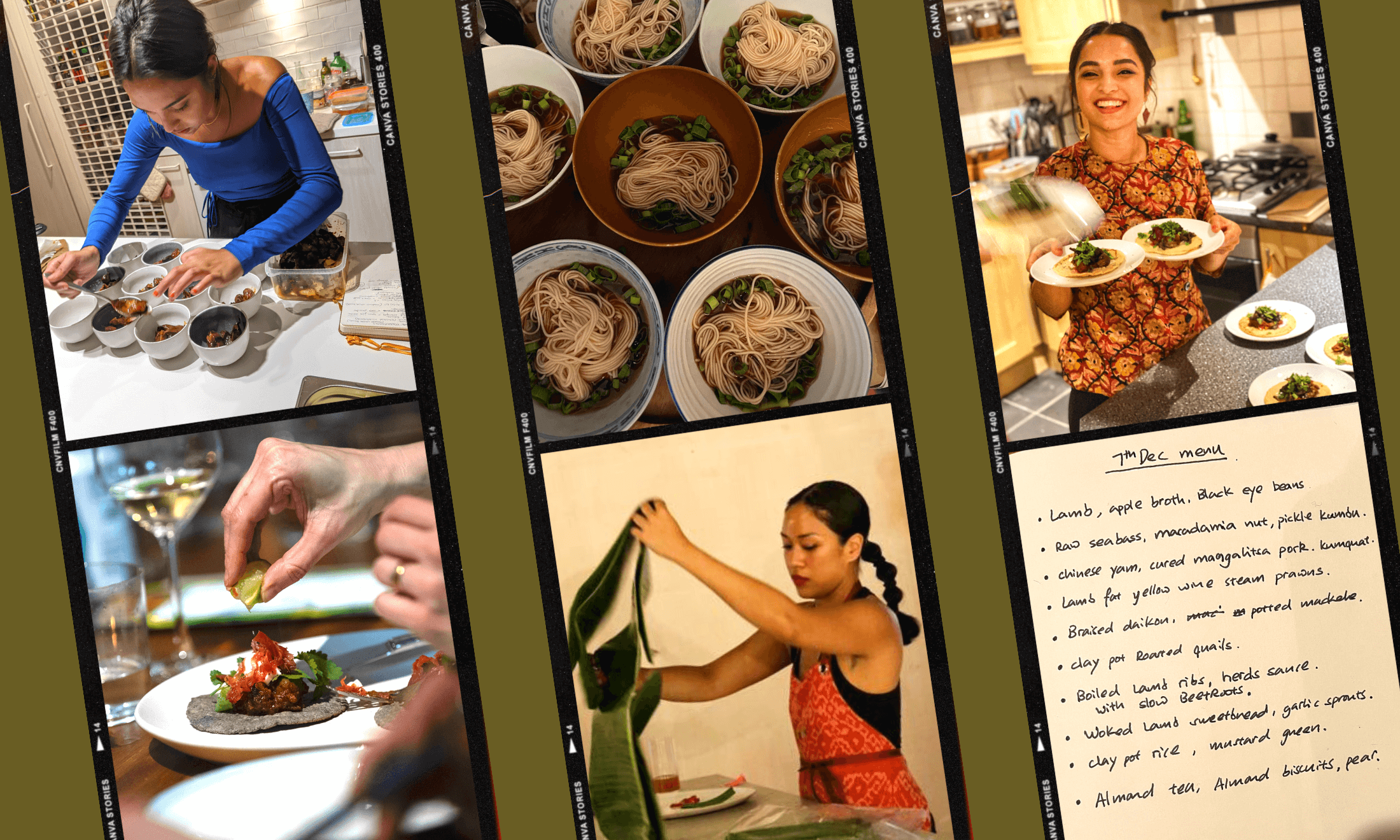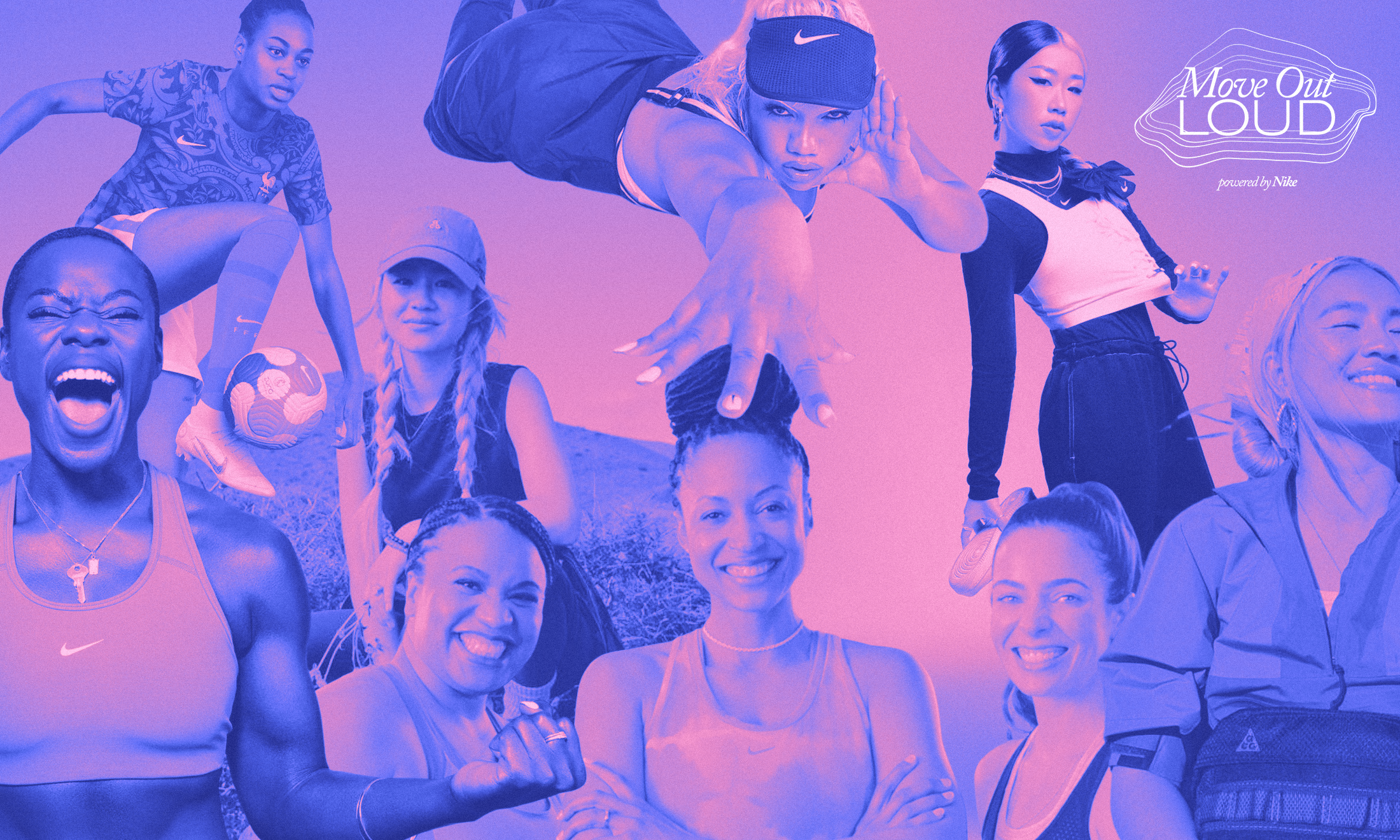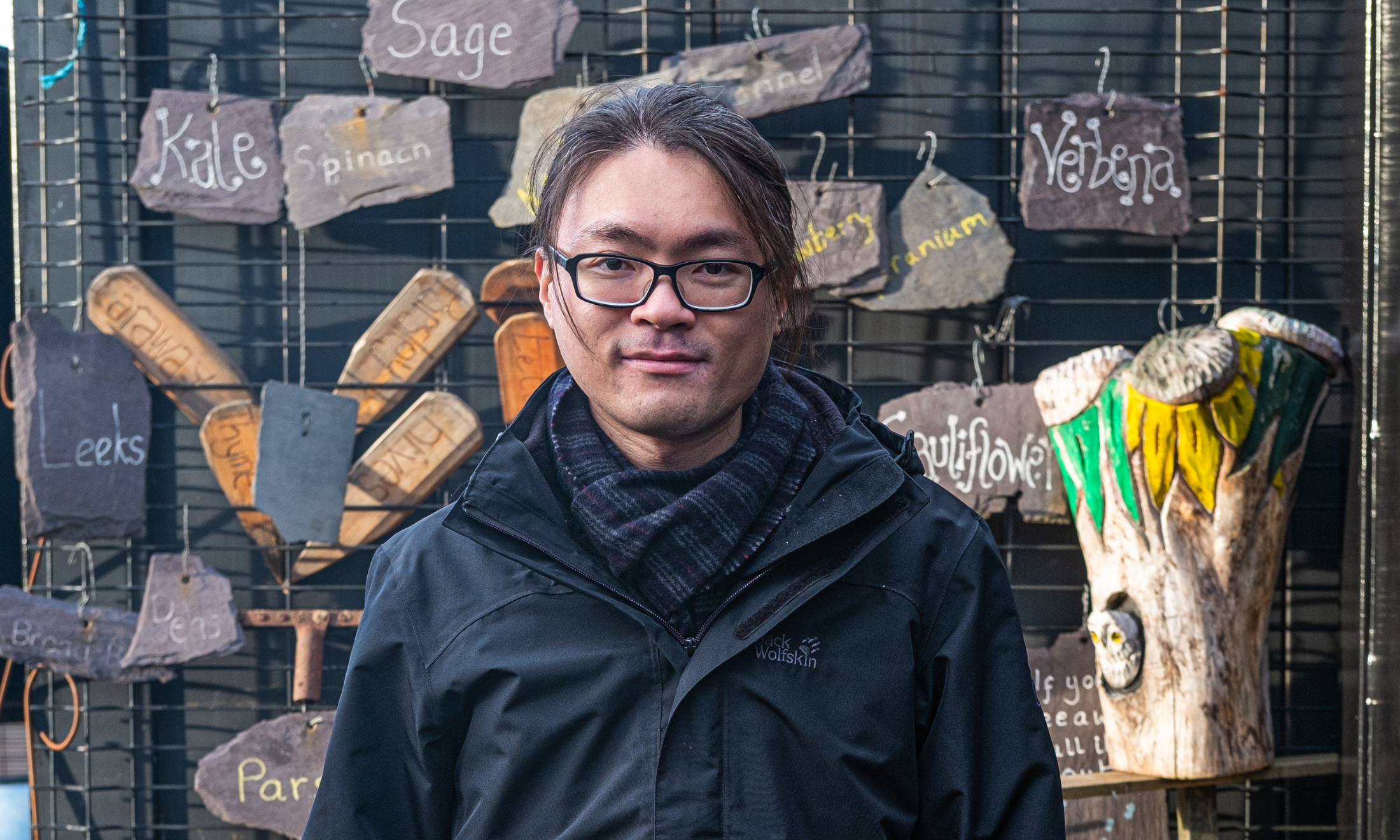
content warning: descriptions of eating disorders
The first time I went vegetarian I was a good vegetarian. I didn’t fail or lapse or earn any of the other heavily loaded moralistic words we so often use to describe our eating habits. 10 years later my diet is more nuanced, less succinctly labelled, messier, less neatly moral. I mostly eat plant-based foods, but black pudding, eggs, butter and seafood make their way into my diet on a not infrequent basis. I am often referred to as a “bad vegan”. But being a bad at veganism is not something I’m ashamed of. On the contrary, a more flexible diet has led to me being happier and healthier with the best relationship with food I’ve had since my teens.
Back then I lived by numbers. Forever pushing certain ones up –reps of crunches, lengths of runs. And, in turn, pushing others down –my weight, calories consumed, my hip, thigh, and waist measurements. Like my life was some kind of sick but neat algorithm. My mental maths skills were at an all time high. In this strict regime of numbers, rules were the cold unyielding mechanisms I used to keep myself in line. It would take me years to acknowledge it, and many more to (mostly) overcome it. I’m sure it’s obvious to you by now that I had an eating disorder.
“Being veggie was a great excuse to not eat or to avoid the events altogether”
The reasons for being vegetarian then were obvious, if unspoken: the perfect way to further restrict my intake of food without people catching on. My family ate meat, so not doing so was an excellent excuse to have more control over my own “meals”. Ditto with the plethora of social events that were organised around food. Being veggie was a great excuse to not eat or to avoid the events altogether.
Like other mental illnesses, I don’t think it’s possible to convey fully the experience of wrestling with an eating disorder. Though I struggle to remember what it was like in its entirety, the thing that strikes me most looking back is how damn pervasive it was. My mind was saturated with the twin obsessions of food and exercise. Dripping with it and, in turn, slowly drowning everything else in my life. Those twin obsessions were not vanity but a coping mechanism, a stand in for control. That my pursuit of control, as so many others have found, ended up controlling me, never fails to pull my lips into a puppet string rictus grin.
The six years between then and now have been a slow, by no means linear, and definitely not glamorous figuring out of how to be kinder to myself. It’s obvious to me now that there were vast parallels between my food restriction and restriction of other aspects of myself. I’ve gone from trying to squeeze myself into the tiny idea of the small, skinny, neat, academically smart, happy, conscientious, never-a-burden girl to a more whole person, who takes up more space both physically and emotionally.
“These suffocating voices were not sown by veganism, but they are often encouraged by it”
I eased into veganism. Initially it was solely for ethical reasons. Mostly it still is. But there are times when I notice old voices creeping back into my head and planting pale roots in the cracks left behind by all those years of disordered eating and low self-esteem. These suffocating voices were not sown by veganism, but they are often encouraged by it, or ideas that often get tied in with veganism. Ideas such as the increasing trend of going vegan in order to lose weight, or, more insidiously, to “be healthier” (read: thinner, more toned, more restrictive). The false equating of veganism to “clean eating”, which so often is restriction and control masquerading as “wellness” has also been something I’ve struggled with. Sometimes, it’s merely the combination of stress and my mental health not being so hot combined with trying to, on the whole, stick to rules around eating that means I slip back into old habits.
“Cooking with and for others also helps me to not get into obsessive thinking around meal times as much, or give in to the temptation of just skipping them altogether”
Whatever causes it, I try to address flare ups in the same way: taking a step back, checking in with myself, and putting aside more time and energy to care for myself. I also find it helpful to tell some people around me that I’m struggling again because that kills the secrecy that is so integral to eating disorders right at the start. Cooking with and for others also helps me to not get into obsessive thinking around meal times as much, or give in to the temptation of just skipping them altogether. Often it means eating some animal products because it’s easier or because they’re there and eating something is better than nothing.
I think being vegan can be a wonderful and positive action to take. But it’s important to remember that it is still an arbitrary line to draw. And to take that line and declare one side of it “ethical” and the other “unethical” creates an unnecessary and flawed binary. To me, being vegan is about being kind and thinking about others’ welfare as well as my own. Those others are not just animals, but other humans. And, as with any act of kindness, I believe you need to look after yourself first. It’s not something I always manage to do, but when I do, it has made any positive action I’ve taken far more sustainable and fulfilling.
With that in mind, here are some questions I ask myself in order to check in and try and make sure that my veganism stays as positive as possible. There are no right or wrong answers to these, or right or wrong actions to take because of your answers. This is much more about cultivating self-awareness and gentleness towards yourself.
“Are you worried that if you don’t go vegan/continue that someone will judge you? That’s really not their place”
Why am I doing this and who am I doing this for?
Are you worried that if you don’t go vegan/continue that someone will judge you? That’s really not their place. Only you know what other shit you have going on and when, and it’s your call to make your own decisions based on that.
How is this affecting the quality of my diet?
Are you still getting enough food? Do you feel good physically (whatever “good” means to you)?
Am I in a position to go vegan (financially, time wise, generally)?
No, being vegan doesn’t have to be expensive, but often it is. It can also take more time than maybe your previous diet did (time spent checking menus before you go out to eat, planning meals, soaking pulses). If you’re not sure this is feasible for you, that’s ok. You can try it out and change it around and see what is feasible.
One of my friends once said to me that she was thinking of going vegan. Aware that her mental health wasn’t great at that point in time, and that she was struggling with feeding herself already, I asked her what she was eating day to day: “Nutella, cheese sandwiches, and tuna sandwiches.” To which my response was that I didn’t think she should go vegan at that point in time because her eating enough was the most important thing.
How is being vegan affecting my wellbeing, both physically and mentally?
Are you feeling more guilt around food now? How are your stress levels? Do you feel good in yourself?
Is this something I want to continue with?
It’s up to you!
I would highly recommend cutting down on animal products rather than cutting them out completely, at least at first, and particularly if you have a history of hard rules and restriction around eating. Just because you eat an egg one day doesn’t mean you undo all the not eating eggs you did all the other days. A little is better than nothing. And bear in mind that what you can do will change. I ate a lot of seafood recently because I was back in Malaysia visiting Chinese family, and food is a huge part of being with them and the culture. That was my call and I’m happy with it. Sometimes I have dairy butter on my toast when I stay at my partner’s house because I’d rather have breakfast than not and get into the habit of skipping meals again. This is not to say that you should make these calls too, but rather that they are your call to make. Sometimes I say yes to my partner putting cheese in the pasta dish we’re having for dinner, other times no. Sometimes I eat black puddings off customers’ plates instead of putting them in the bin because I’m not increasing the demand for pigs’ bloodletting and I like the taste of them. Other days I just don’t feel like it and think I’ll never want to eat any meat ever again.
Maybe some people will read this and think I have no business calling myself a vegan. Fair enough. I’ve thought a lot about whether or not I should. For the purposes of this article at least though, I am, because the purpose of this article is to say that you can do veganism how you want, how you need, and how is best for you and your wellbeing.
Food is necessary to each of us. It’s also complicated and difficult to navigate for a lot of us, and for reasons we never chose to have thrust upon us. Yes, veganism is about caring for the animals, but it doesn’t mean you should stop caring for yourself too.









